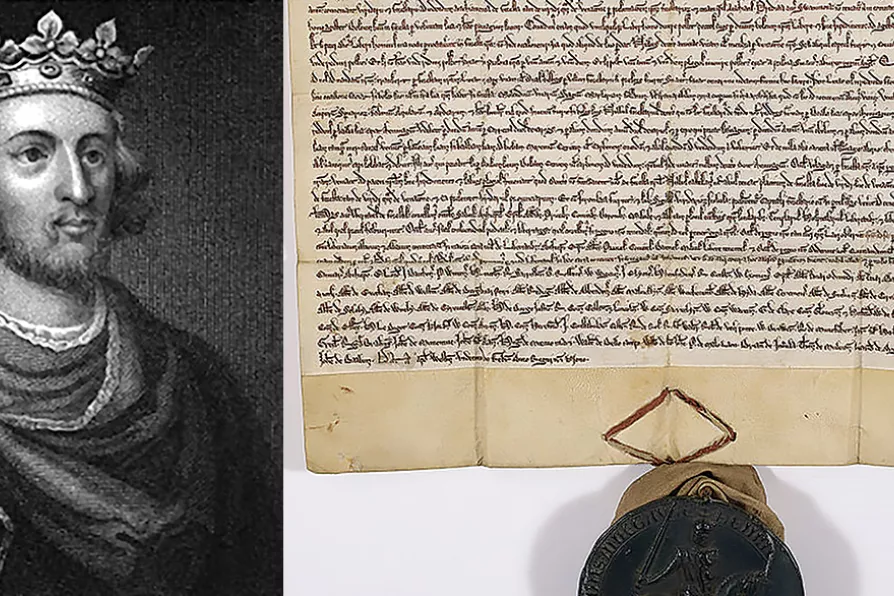As Colombia approaches presidential elections next year, the US decision to decertify the country in the war on drugs plays into the hands of its allies on the political right, writes NICK MacWILLIAM

 MOMENTOUS: (L to R) Henry III of England by David Cole, 1694; The Charter of the Forest, 1225 reissue, held by the British Library
[Public Domain]
MOMENTOUS: (L to R) Henry III of England by David Cole, 1694; The Charter of the Forest, 1225 reissue, held by the British Library
[Public Domain] THE word “forest” was brought to England by the Normans, and it didn’t have much to do with trees.
A forest was an area of mixed land — fields, scrub, woods, marsh, heath — in which only the king, or those he licensed, were allowed to hunt. The establishment of forests was an attack on the ancient freedoms of the high and the livelihoods of the low which led to centuries of class conflict.
As the Anglo-Saxon Chronicle put it, William the Conqueror “set apart a vast deer preserve, and imposed laws concerning it. The rich complained, and the poor lamented, but he was too relentless to care, though all might hate him.”

‘Honest’ Tom Wharton’s 1682 drunken rampage through St Mary’s church haunted his political career, but his satirical song Lillibullero helped topple Catholic James II during the Glorious Revolution, writes MAT COWARD













